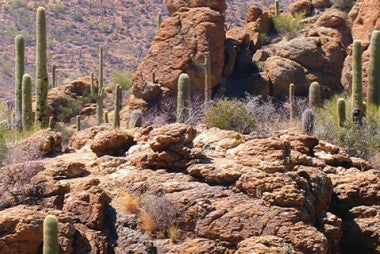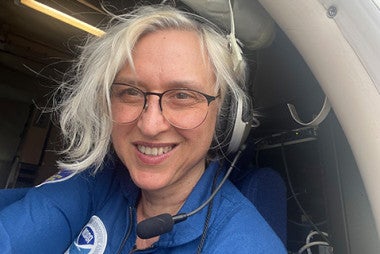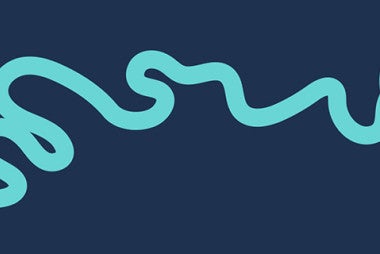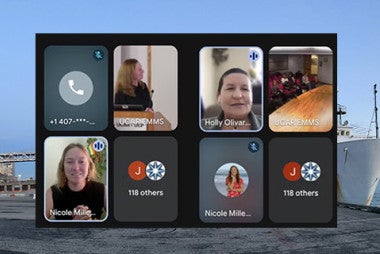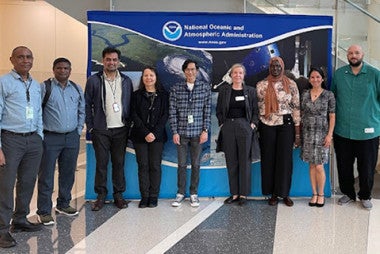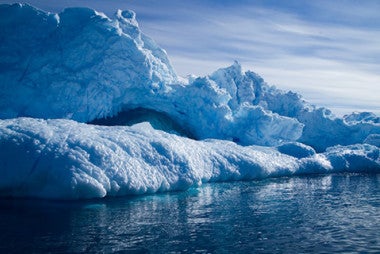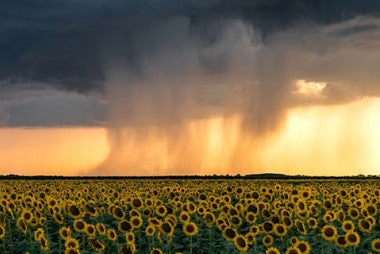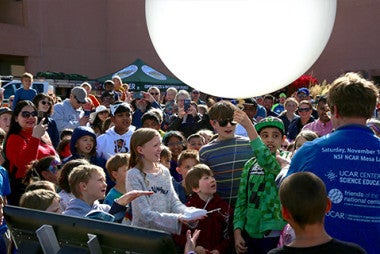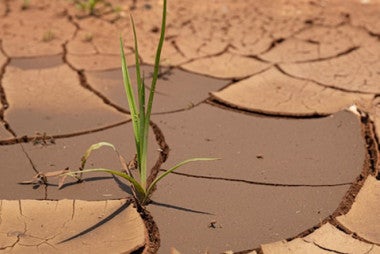CPAESS Discovery Seminar: Smoke and Mirrors: Rethinking Observations, Models, and Mitigation of Wildfires
Please join CPAESS for a virtual seminar talk with Makoto Kelp, NOAA Climate & Global Change Postdoctoral Fellow
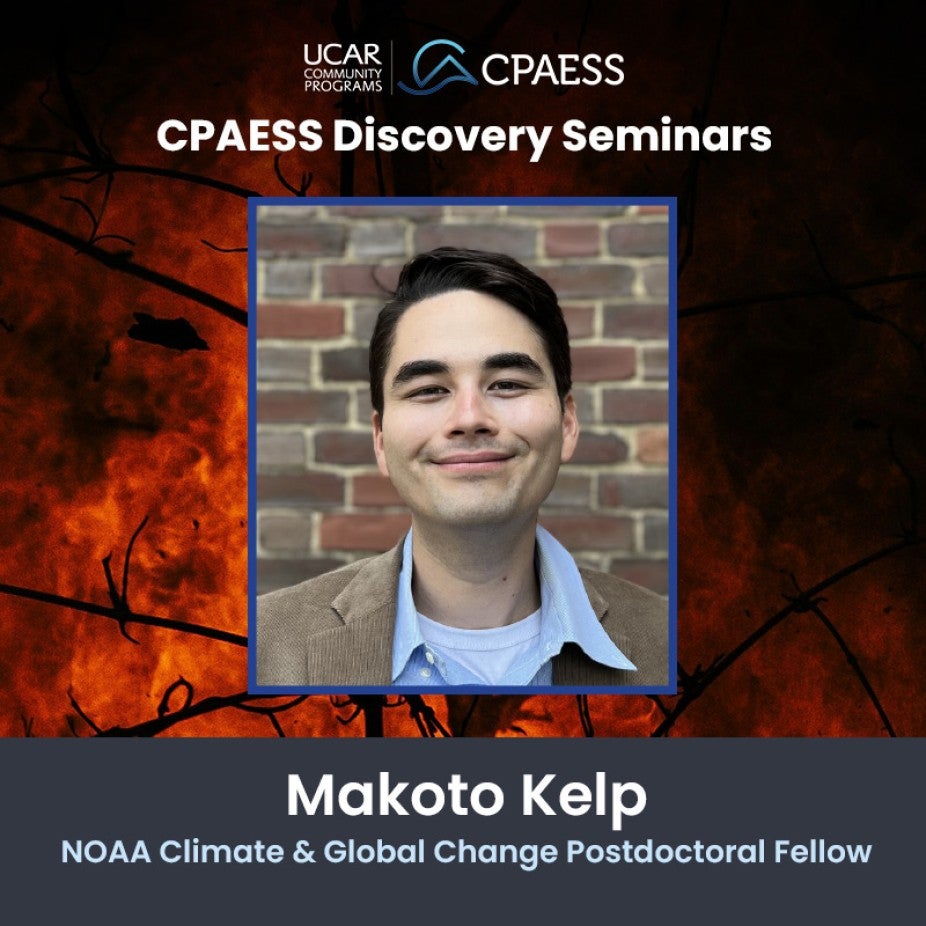
Title: Smoke and Mirrors: Rethinking Observations, Models, and Mitigation of Wildfires
When: Wednesday, April 23, 2025
11:00 AM MT (Virtual)
About Makoto Kelp
Makoto Kelp is a NOAA Climate and Global Change postdoctoral fellow in the Climate and Earth System Dynamics Group at Stanford University. His research applies data-driven science and machine learning to uncover new perspectives in earth system processes, especially on the interplay among fires, climate, and society. He is currently focusing on how prescribed fires may limit the extreme air pollution impacts from future wildfires. Makoto received his PhD from Harvard University in 2023 (Earth and Planetary Sciences) and will be starting as an assistant professor at the University of Utah (Atmospheric Sciences) in 2026.
Description
Due to a warming climate, a legacy of fire suppression, and population growth in the wildland-urban interface (“WUI”), the western U.S. has experienced a rapid increase in extreme wildfire seasons. Wildfires not only devastate ecosystems and destroy infrastructure but also degrade air quality and pose severe health risks from smoke. Despite the urgency, major challenges persist in our pipeline of identifying, projecting, and mitigating wildfire risks. In this talk, I will highlight my recent research, which uncovers that: 1) current monitoring systems are inadequate for accurately measuring concentrations and tracking the transport of wildfire smoke; 2) conventional chemical transport models drastically overestimate smoke patterns, underscoring the need for bespoke modeling approaches; and 3) prescribed burns in the western U.S. can significantly reduce future wildfire smoke emissions and serve as a viable mitigation strategy, but these burns are often least effective in the WUI—a critical area of policy focus. These findings emphasize that our current wildfire science approaches and policy narratives are deeply entrenched. Rather than discouraging action, I will touch on how such challenges can motivate researchers to develop creative solutions and enhance data quality and application to address society’s pressing needs.
